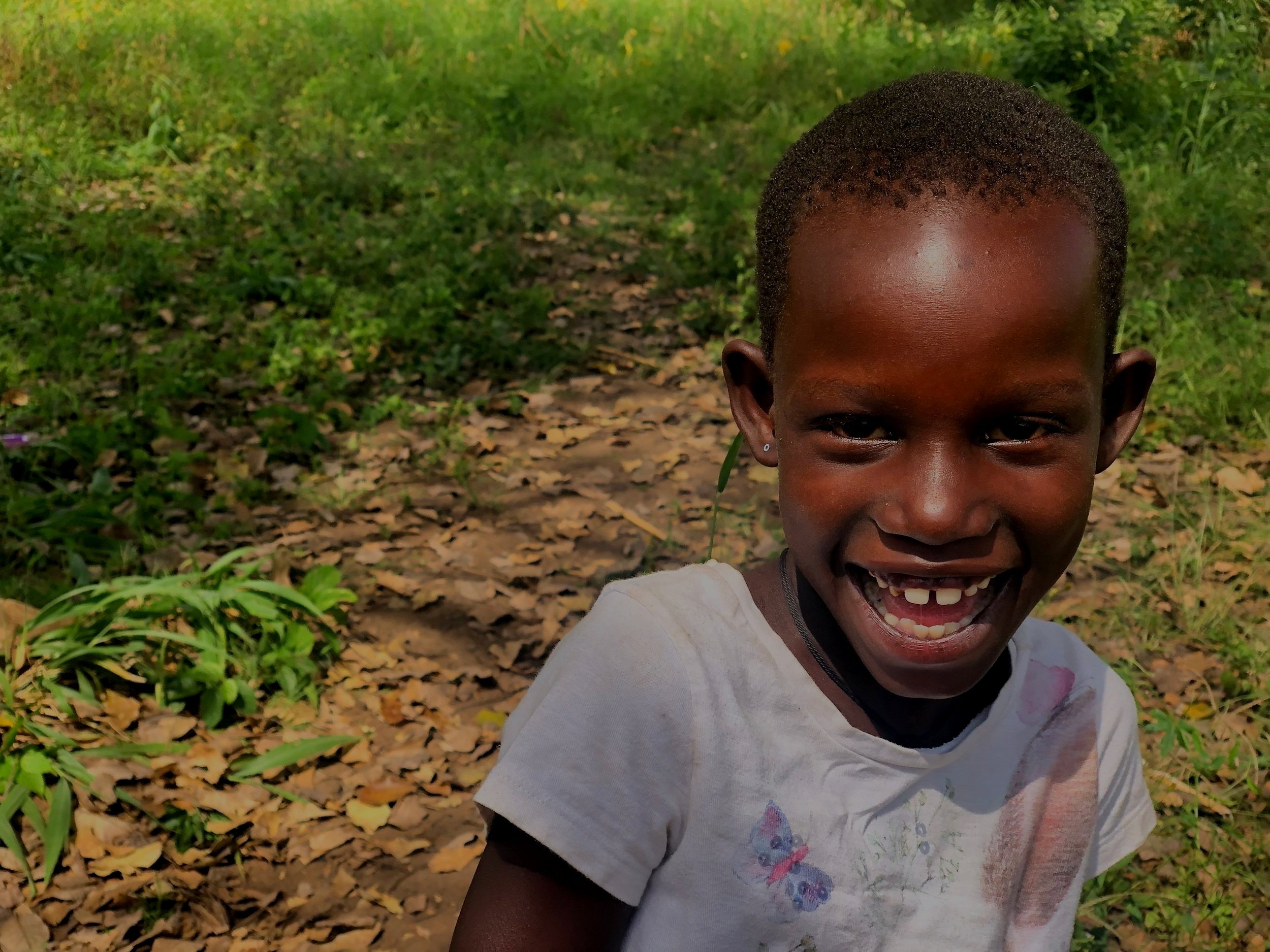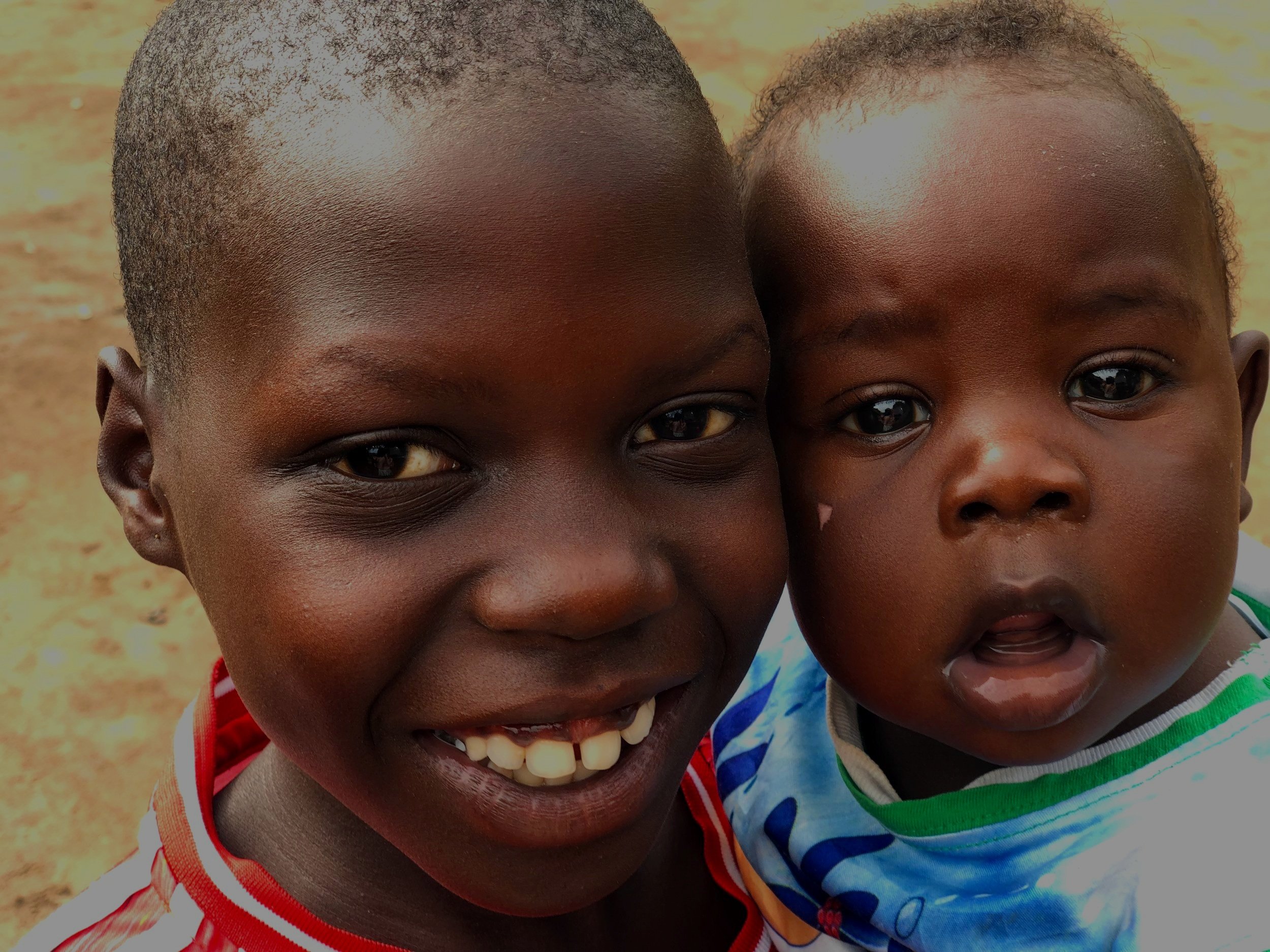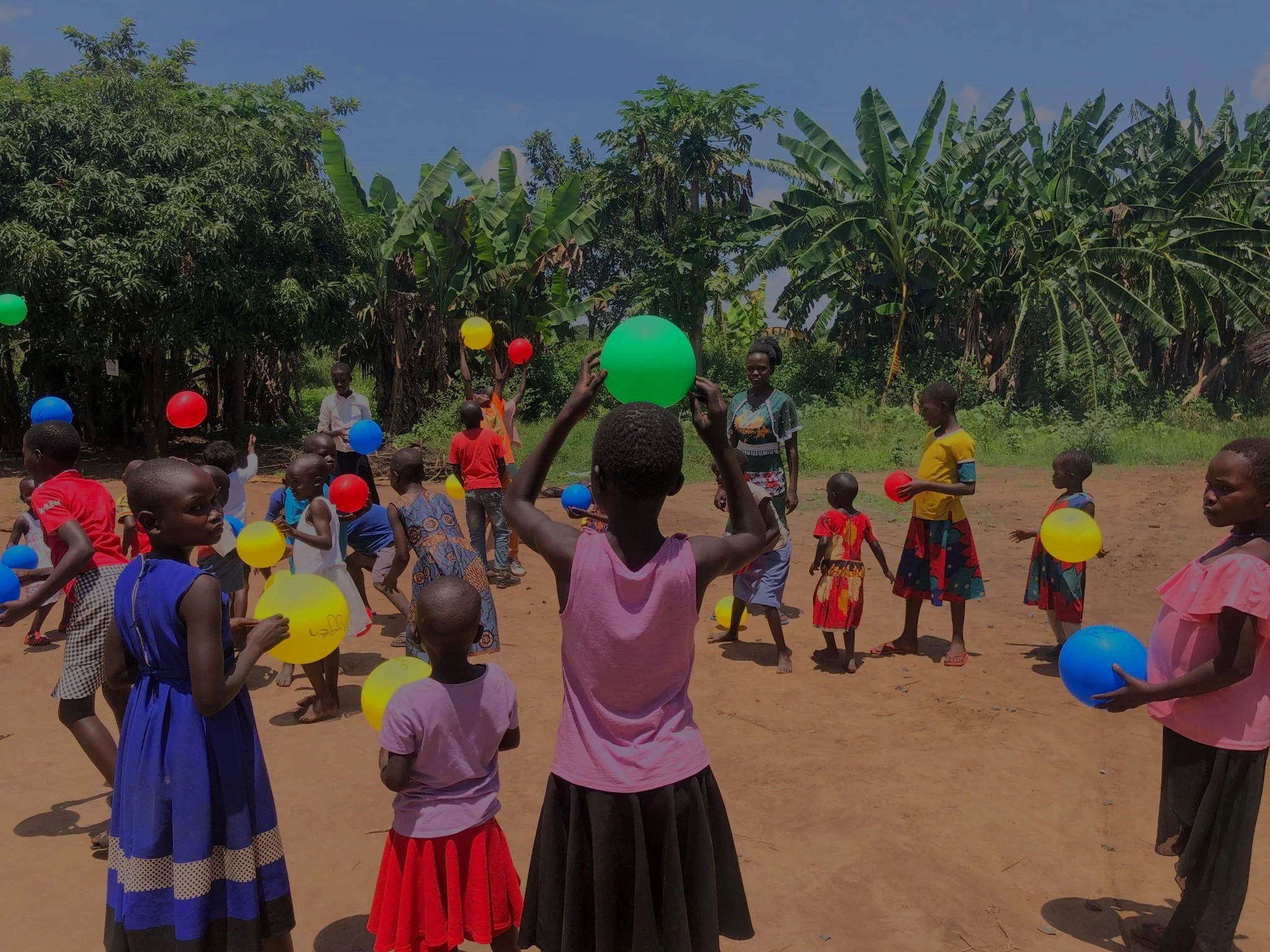We are building a school pipeline in our village as a means of crisis intervention in the lives of our community’s children and their futures. If you know the history of our village—over two-decades of insurgency, present day multidimensional poverty, and economical activity restricted to farming alone—then you know there is an urgency behind our mission to build schools. Considering there has never been a secondary school in our village, opening our first school of many in February 2023 means providing the opportunity to excel beyond the primary school level, and escape the plagues of poverty and illiteracy keeping our village bound.
A study conducted on Uganda’s school-aged children and youth revealed that, “With close to 60% of [Uganda’s] population below 18 years of age, and over 75% below the age of 35 years, children’s cognitive development represents Uganda’s greatest natural resource.” That resource can only be cultivated in a strong academic setting and there are simply no schools. In fact, the trickling effects of proper cognitive development could reach our particular village in a tremendously transformative way. Still, without educational infrastructure, our community has no access to this privilege.
In villages like ours, the direct effects of a lack of education can be witnessed daily. In our community, we see sickness constantly carry our neighbors to distant hospitals where their medical reports can’t be read. In our community, we see young girls giving birth as young as 13 years because they have no motivation to study or school fees to attend.








